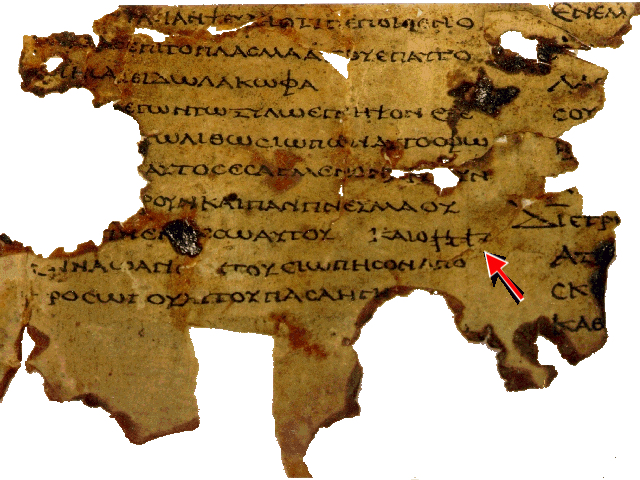According to Jerome, those who were unfamiliar with Jewish customs tried to pronounce the Hebrew letters as if they were Greek letters. The result was quite a howler: they pronounced YHVH as PIPI!
What Is Measured Out in Romans 12:3?
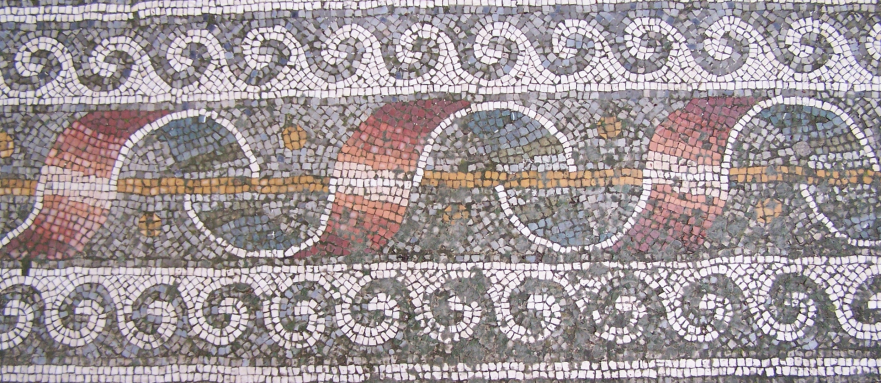
In Rom. 12:3 pistis refers not to believing in God, nor to the adequacy of one’s service to God, but rather to the aspect and area of stewardship or responsibility that God has assigned to each believer.
Divorce and Remarriage in Historical Perspective
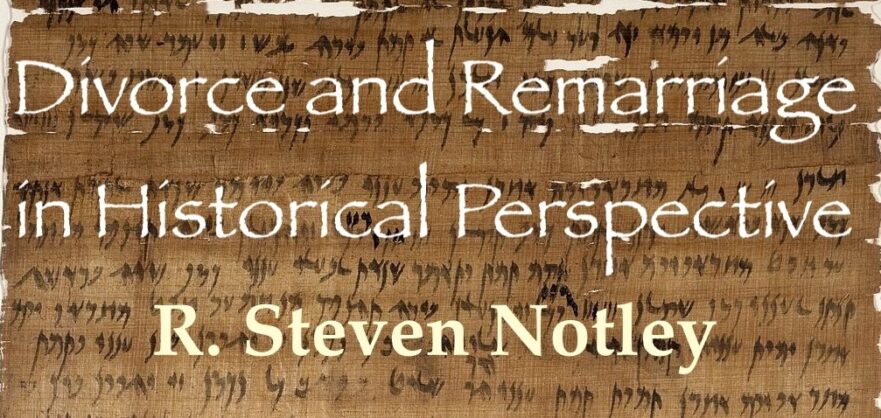
This study is dedicated to those who have suffered the agony of divorce. Tragically their pain has been compounded by well-meaning Christians who have distorted both the letter and the spirit of Jesus’ teaching concerning divorce and remarriage. For them, may this article bring a measure of healing.
Matthew 5:19: The Importance of “Light” Commandments
In the modern Hebrew translation that was published by the Israeli Bible Society in 1976, and revised in 1991 and 1995, Matthew 5:19 was rendered “…ha-mitsvot ha-ketanot…katon yikare’…gadol yikare’…” (the small commandments…small [smaller, smallest] he will be called…big [bigger, biggest] he will be called). It is highly probable, however, that in this context Jesus was speaking about mitsvot kalot (light commandments) and not about mitsvot ketanot (little or small commandments).
Another Look at the “Cleansing of the Temple” Story

Based on archaeological excavations near the southern wall of the temple, the research of Shmuel Safrai, and a nuance of the Hebrew verb that is one of the equivalents for Greek ekballein (drive out, banish; throw out; throw away, reject; cast out of a place, expel; remove, get rid of; put out), it may be necessary to reinterpret the gospel accounts of Jesus’ “cleansing” of the temple, even suggesting a different location for Jesus’ action.
Blessed Be the “Name”!

We may have misunderstood, or partially misunderstood, many biblical expressions that contain the idiom, “the name of.”
Cataloging the Gospels’ Hebraisms: Part One (Luke 10:23-24)

Hebrew idioms leap out from every page of Jesus’ life story.
The Most Abused Verse in the Bible?
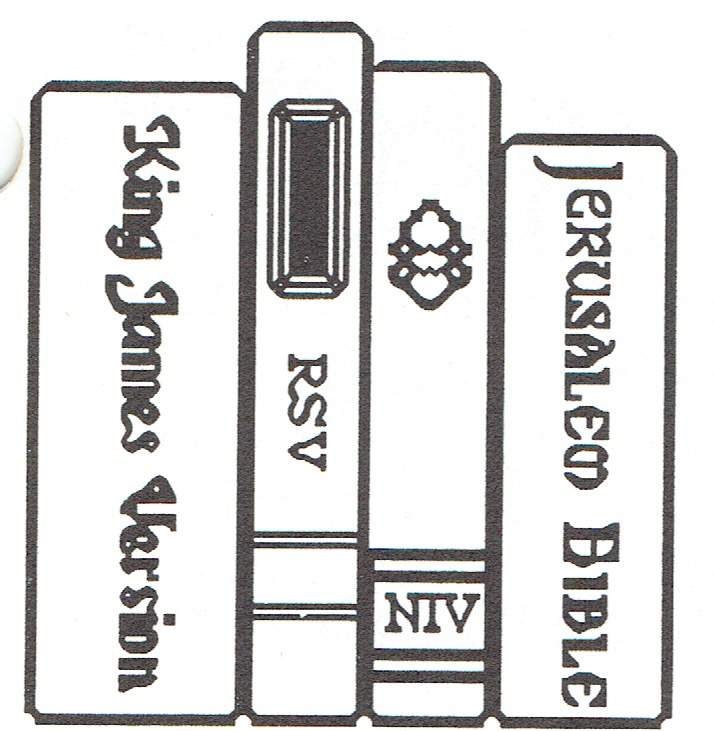
Romans 8:28 has been read as a free-floating logion for years (at least in the American Bible culture), divorced from a context that would, if properly respected, lend it a much more limited meaning.
Jesus’ Jewish Command to Love

Jesus’ command to “love your enemies” was revolutionary! No one before him dared to raise such a high standard for the life of faith.
Did the Early Scribes Understand John 9:3 Correctly?
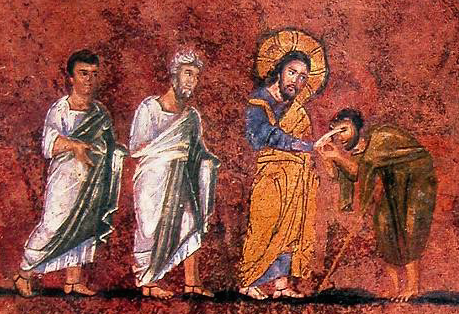
The punctuation found in later manuscripts was added by scribes, and is not original to the New Testament.
The “Only Begotten” Son
As a small boy growing up in Alabama I had a deep love of God and a real hunger to know him better. By the age of eight I had read the entire Bible. But, like most people, I often struggled to understand what the Scriptures were saying. Many verses didn’t seem to make sense.
Leah’s Tender Eyes

The King James Version translates Genesis 29:17 as follows: “Leah was tender eyed; but Rachel was beautiful and well favoured.” The New International Version has, “Leah had weak eyes,” while the New American Bible reads, “Leah had lovely eyes.” What did the Hebrew original mean to say?
Romans 11: The Olive Tree’s Root
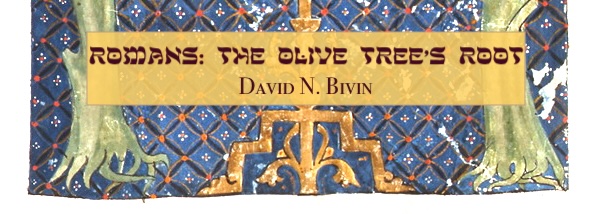
Paul spoke about Israel as a “cultivated olive tree” whose rootage was in the Patriarchs, particularly Abraham. Some Bible commentators, however, interpreted the root of the olive tree as Christ or his messianic program.
666: One Number or Three?

Any objective reading of Revelation can hardly fail to see the importance of this number within the author’s web of historical signifiers.
Which is the most accurate English translation of the Bible?

I have had difficulty deciding which Bible to read. I had been strongly advised to read only the King James Version as being the best translation available.
The Angel Who Has Delivered Me from All Harm
Dr. Horst Krüger, Jerusalem Perspective’s representative in Germany, has suggested to me that Genesis 48:16 may be part of the background to a phrase found in the Lord’s Prayer. I believe that Dr. Krüger has made an important discovery.
The New International Jesus

Inaccuracy in translating either through ignorance or because of an obscure manuscript reading is to be expected, but to skew wittingly due to academic bias or religious tendentiousness smirches the reputation of a venerable profession.

